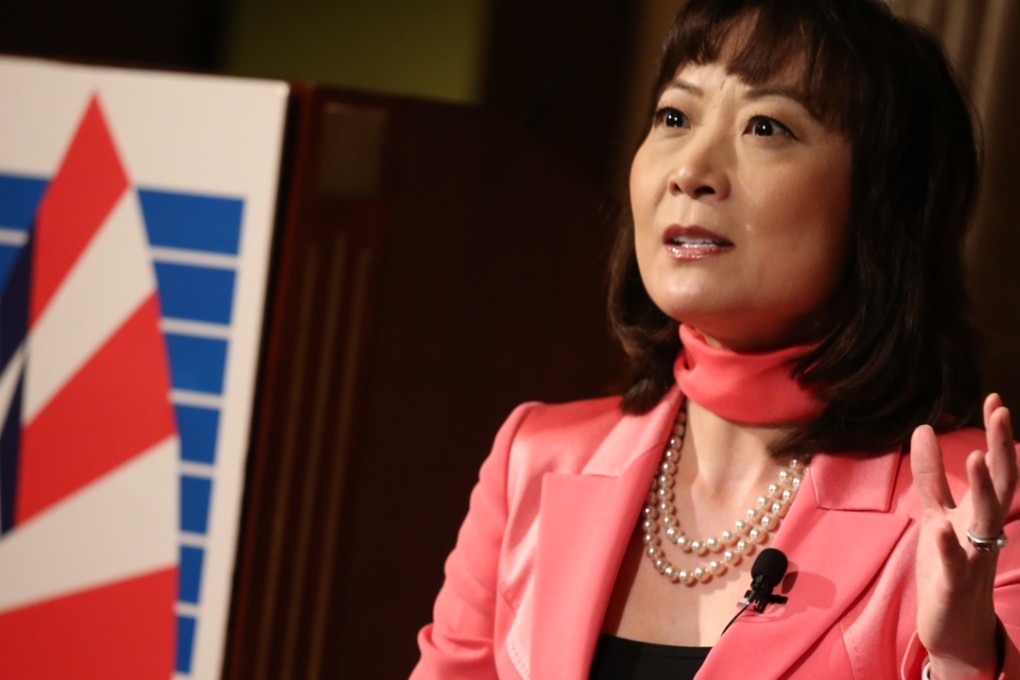New | Quality growth the focus of China’s next five-year plan, says J.P. Morgan’s Ulrich
Regional managing director downplays the magnitude of China slowdown

Steering quality growth driven by consumption and innovation will be the priority of the top policymakers meeting in two weeks to sketch out China’s economic blueprint for the next five years, according to one of the leading China experts.
Jing Ulrich, Asia-Pacifc managing director and vice-chairman at J.P. Morgan, said the top brass in Beijing would lay out five priorities in the 13th five-year plan that starts next year: high-quality growth, stimulating service and high-tech industries, implementing further financial reforms, infrastructure spending, and addressing environmental issues.
“The upcoming five years will be much tougher than the previous ones. In the midst of headline data that suggest the pressure on the economy, it is very comforting that consumption has become the single most important growth driver, responsible for 60 per cent of GDP increase,” Ulrich said at a luncheon at the American Chamber of Commerce in Hong Kong on Wednesday.
The 18th Central Committee, the top decision making body of the Communist Party, will convene for the fifth plenum from October 26 to 29 to set the course for economic and social development from 2016 to 2020.
Ulrich’s remarks come on a day Beijing released worse than expected inflation figures, fuelling fresh concerns about the economy.
Consumer price index (CPI) rose 1.6 per cent year on year in September, compared to a market consensus of 1.8 to 2 per cent in August. Producer price index contracted 5.9 per cent over the same period, the 43rd straight month of decline.